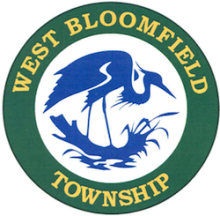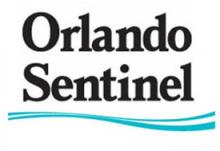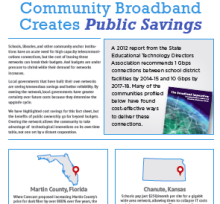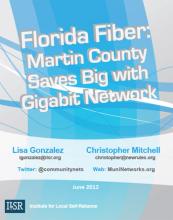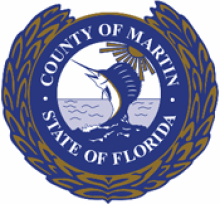Louisville's Opportunity: I-Net Savings Now And Later
In order to save public dollars, improve municipal connectivity, and enhance the city’s ability to take advantage of various “Smart City” technologies, Louisville is planning to grow its existing fiber infrastructure. Their plan will take advantage of aspects of the KentuckyWired project to reduce costs. An increasing number of local governments have taken a similar common sense approach and deployed fiber optic Institutional Networks (I-Nets). In addition to cutting telecommunications costs, the infrastructure gives communities the freedom to predict future expenditures and find innovative ways to use publicly owned fiber.
Grow What You Have, Smartly
Louisville already owns a little more than 21 miles of fiber within the downtown business district. Under the Mayor’s proposed budget, $5.4 million would be allocated to add another 97 miles to the network. The estimated cost of the project deployment is low for an urban project because there are locations along the proposed route that overlap with the KentuckyWired project. In those areas, the company that is working with the state, Macquarie Capital, will install the fiber optic cables for Louisville alongside the KentuckyWired infrastructure. Macquarie will deploy both underground and on utility poles. This arrangement greatly reduces the cost for Louisville because they only pay for the materials.
According to the city’s chief of civic innovation, without the contribution of KentuckyWired, the project would have cost more than $15 million.
The network is only meant to serve community anchor institutions, along with municipal and Jefferson County facilities; there are no plans to connect homes or businesses. Louisville could lease excess capacity to Internet Service Providers (ISPs) in the future, which would generate revenue for the community.



